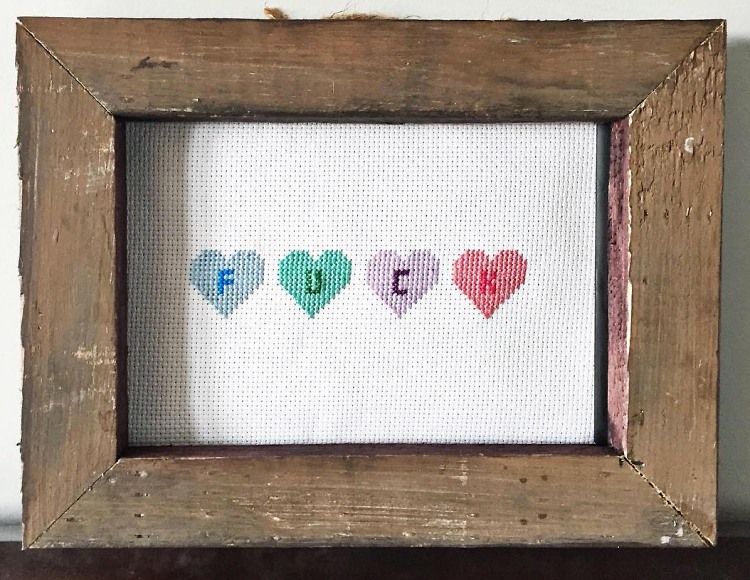
Quartz just ran a story outlining the argument of In Praise of Profanity, a book recently written by Michael Adams of Indiana University at Bloomington. Basically, they're both confirming what we've all known since the first of our father's many road-rage induced "asshole!"'s fell upon our young, pure ears - profanity is powerful. Even though our dads might've immediately turned around and told us to never repeat that word (or perhaps, as Adams goes on to suggest, because of this), most everyone in the 21st century has definitely repeated it, many many times.
In fact, our generation, as residual prudishness from our nation's puritanical settlers continues to subside, is throwing out "bad words" left and right. Nonetheless, there still remains that inherited collective agreement that bad words are, well, worse than other words. Adams says, depending on how you look at it, this growing openness to cursing is either a symptom of "the decline of decency...and religious authority" or a symptom of "an increasingly open society" where we as people (rather than institutions) determine what's acceptable. And, at risk of being totally obvious, I think we're gonna proceed assuming the latter.
Nay-sayers will, of course, insist that foul language is redundant and reveals a lack of creativity. However, Adams addresses this simplistic point by unpacking all of the complex roles that profanity can play in any language. Among other things, bad words are, expressively, pretty sophisticated; that is, they require a lot of contextual and grammatical understanding in order to deploy them properly. Very few languages have frequently-used curses that are used in the exact same context as in other languages, even if they are translatable, which many aren't.
Even more, the general treatment of these words as rule-breakers has made them powerful agents in bringing people together. A "fuck," "shit," or "asshole" that slips out is meant to be a moment of weakness or intense emotion, and this vulnerability, when exposed, opens the speaker up to others. Unless, of course, you're deliberately calling someone a "shit head." Then the word will have the opposite effect.
Either way, because profanity can perform all of these functions that Adam writes about, your kids need not be shielded from any of the words that pop out of your mouth after you stub your toe, and that's that shit that we do like.
[Photo via @basicstitch_]


.jpg)
.jpg)



.jpg)
.jpg)
.jpg)

.jpg)
.jpg)
.jpg)
.jpeg)